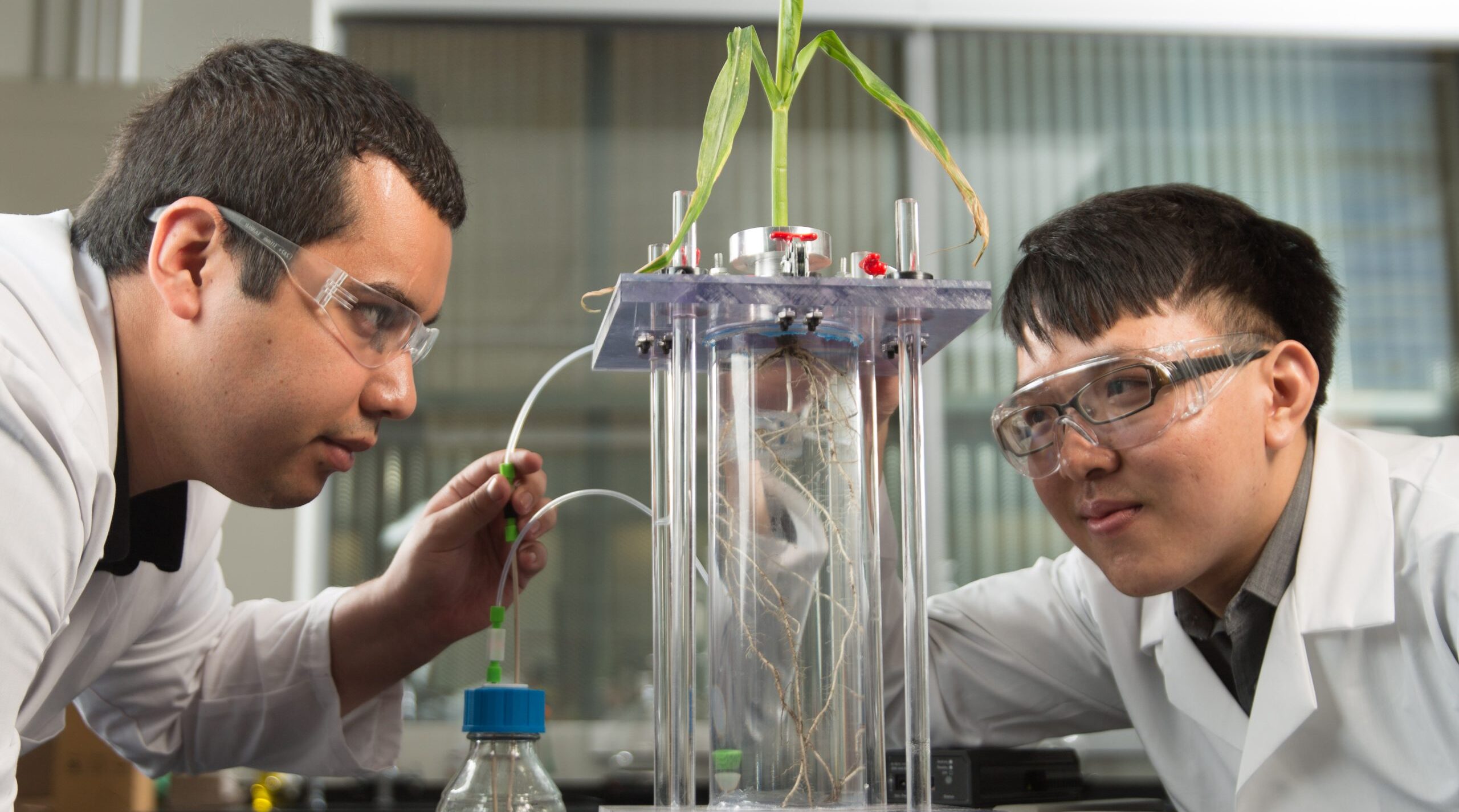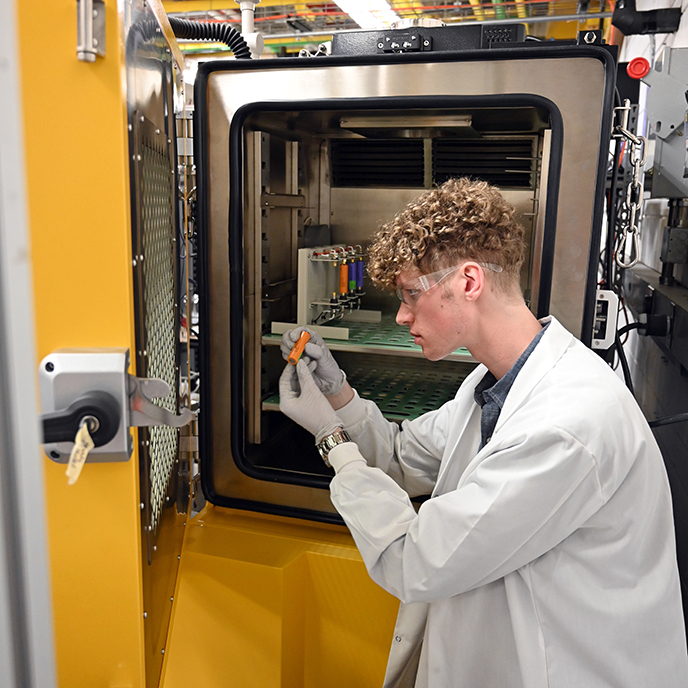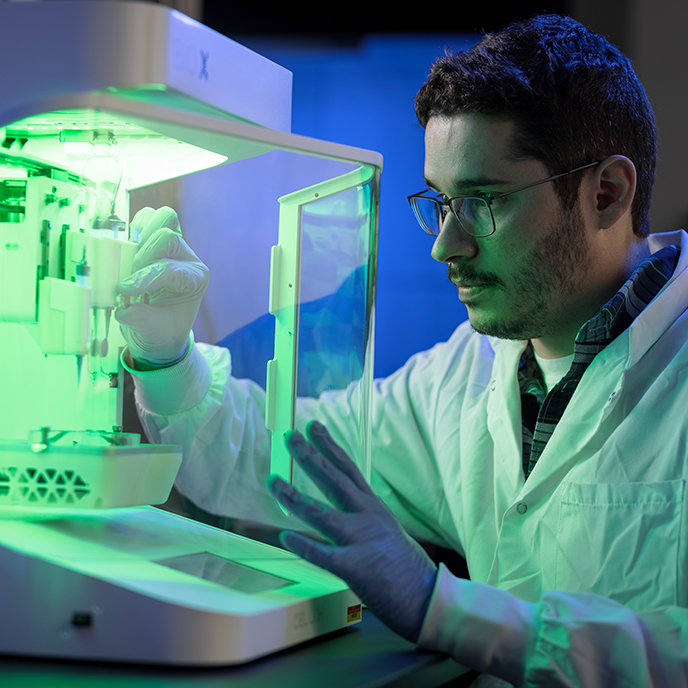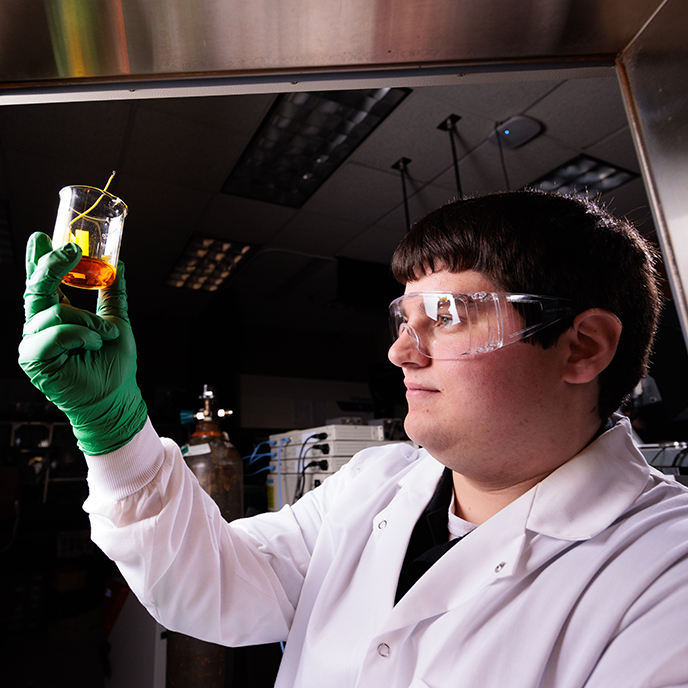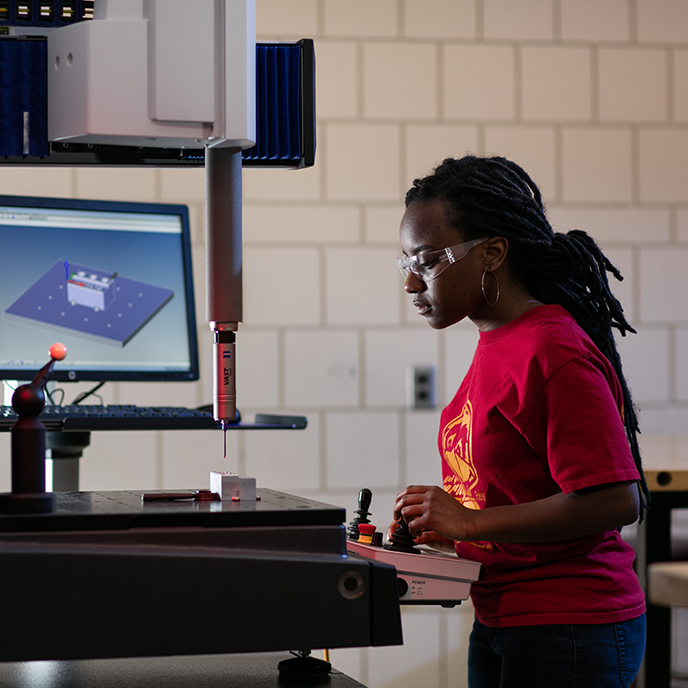The Department has developed five strategic research foci areas, Energy and Sustainability, Bioengineering, Thermofluids, Cyber-Physical Systems and Artificial Intelligence and Advanced Manufacturing. We have also outlined the faculty areas of expertise to better guide you as to what faculty you may be interested in working with during your graduate education.
Visit our Digital Repository to view Mechanical Engineering research papers.

